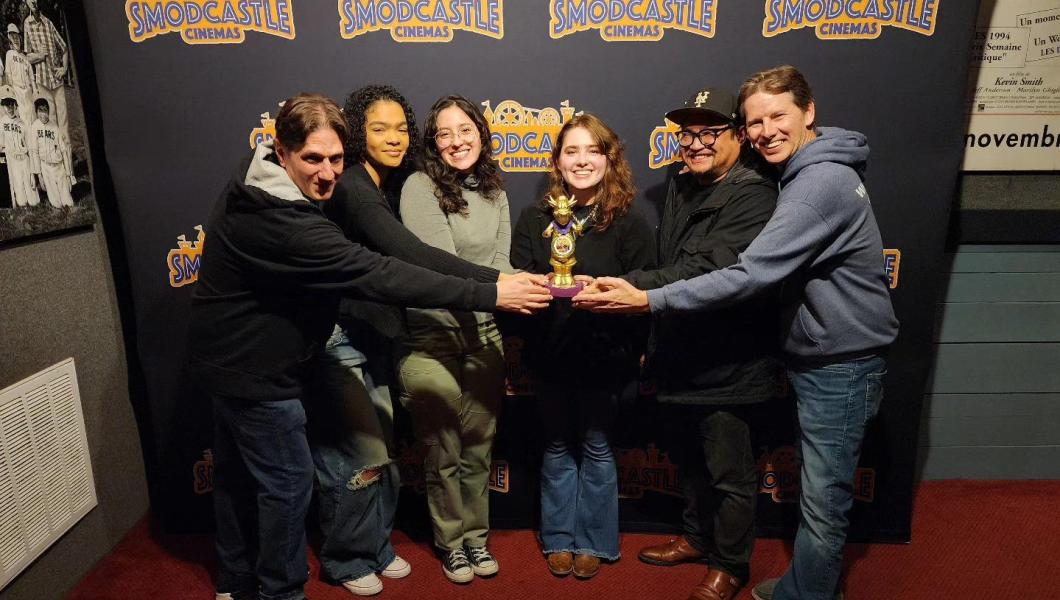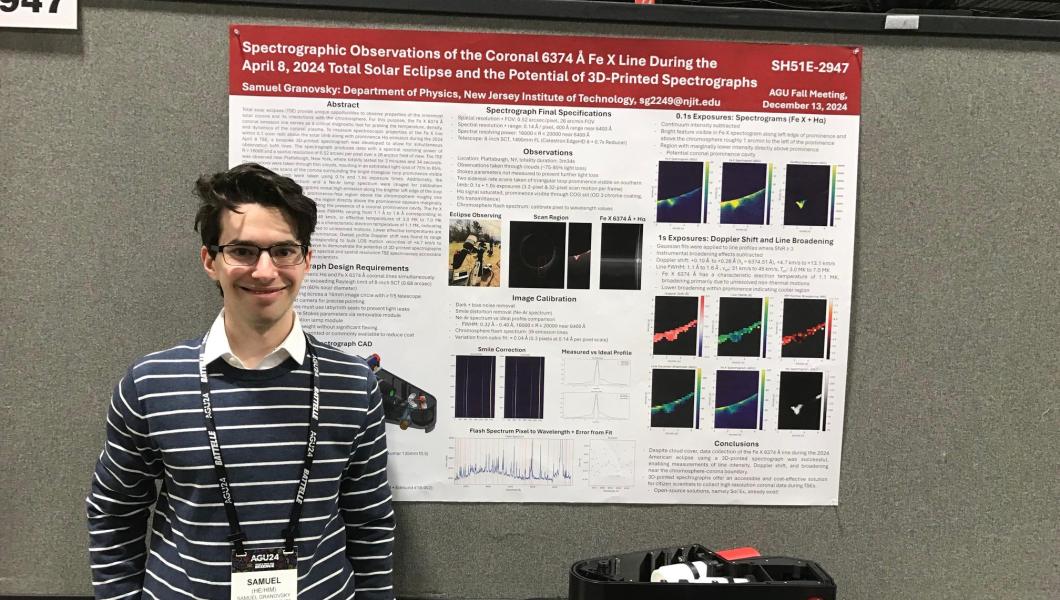NJIT Lecturer Mary Konsolaki Takes on Ironman World Championships

If she isn’t teaching advanced courses in applied genetics, NJIT University Lecturer Mary Konsolaki is rarely relaxing. In fact, she’s recently finished competing in one of the most challenging endurance races on the planet — the Ironman World Championship.
In September, Konsolaki was among nearly 1,400 age-group triathletes from 65 countries to have qualified for this year’s Ironman hosted in Nice, France. The competition includes a grueling 2.4-mile swim through the Mediterranean Sea, a 112-mile bicycle ride through mountainous terrain and a 26.2-mile run through the French Riviera city, completed without a break.
The road to the World Championship has been well over a year in the making for Konsolaki, who secured an exclusive spot by qualifying at the Ironman Arizona race in November 2023, where she finished 3rd in her age group (60-65).
"Qualifying for the World Championship is really hard. When I got my spot last year, I felt like an impossible dream had come true," said Konsolaki. "Nice was beautiful … Being there was magical to begin with, but it was a whole other level to be together with women athletes from all over the world.”
Ultimately, Konsolaki finished 25th out of 66 athletes in her age group, each of whom made history this year — the event marked the first cohort of women ever to race the Ironman World Championship in Europe.
The iconic competition, which began in 1978, now alternates sites of its men’s and women’s races between Nice and Kailua-Kona, Hawaii.
“The bike course in the Nice Ironman is considered the hardest in the world and this year was the first time that women competed there,” said Konsolaki. “There was a lot of drama this year with high ‘Did Not Finish’ rates. Pros were getting injured both before and during the race. But being in this historic race was a wonderful experience.”
Konsolaki says she discovered her passion for competing in triathlons 15 years ago and since has mastered the art of balancing her responsibilities at NJIT with the intense demands of triathlon training.
"I usually train early in the morning before classes. During the training season, the time commitment varies between 10-15hrs per week,” said Konsolaki, who began her training for the Nice Ironman seven months ago. “It’s tough, but doable.”
Konsolaki began teaching at NJIT in 2016, instructing students in the field of molecular biology following her previous role as principal investigator of a research lab at Rutgers Piscataway for 12 years studying Alzheimer's disease. Since, Konsolaki has helped develop courses in genetics, as well as molecular and cellular biology, and is currently involved in setting up a new genetics lab at NJIT.
Now, Konsolaki says she’s enjoying getting back to her primary passion of teaching following her one-in-a-lifetime experience in Nice.
“I love teaching. I’m constantly learning of discoveries in the field of genetics, and I’m always excited to share these advances with my students. I also encourage them to exercise … there’s a lot of benefits for them academically and in terms of mental health," said Konsolaki.
Though, ever the competitor, a new challenge is always around the corner.
“I plan to be at NJIT and continue racing Ironman and half-Ironman races for some time. … The athletes in my age group may be getting up there, but we aren’t done yet!”


